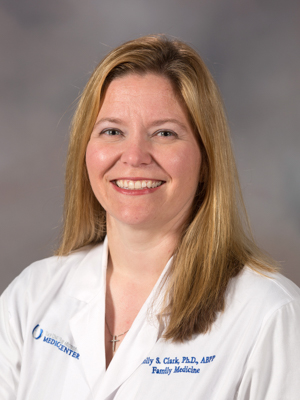Professional Identity Formation

One of our many goals as medical educators is to help our learners develop an understanding of what it means to be a physician. The goal we are attempting to achieve is more than students’ ability to show up on time and dress professionally. While these behaviors are important, professional identity development involves an understanding that society has an expectation of physicians, that physicians have a defined and distinct skill set, and as member of this profession they are expected to uphold a commitment to lifelong learning and high standards of patient care. Furthermore, they are accountable to patients, communities, other physicians and themselves to maintain these expectations. While this may seem a daunting goal, professional identity formation is a developmental process and will continue to evolve over the course of one’s career.
Our definition of professionalism includes but is not limited to attentiveness, maturity, cooperation, responsibility, personal appearance, communication, ethics, honesty, judgment, morality, and respect for authority, peers, patients and the care team. Giving feedback on how our students demonstrate these professional behaviors is one way in which we are developing the identity of future physicians. However, there have been barriers to providing this feedback to students across many institutions and settings. These barriers include time, not knowing how or whom to report to, uncertainty if certain behaviors should be reported and concern about how this may impact the learners in the future. We are looking forward to implementing processes that will address these barriers. One way this can be done is to provide education to all stakeholders that evaluation information on lapses in professionalism is just that…information. The expectation is that there will be lapses and areas for growth within professionalism, these should be reported to the learner in person and in evaluations and growth should also occur as a result. However, these lapses, unless egregious and/or repetitive, would not feed forward to the next stage in their professional career. A mechanism that can be utilized to submit feedback at any time by anyone is the self-initiated praise or concern cards in MedHub. If we can shift our mindset to allow for any lapse to be reported in evaluations, not only are we living up to the professional obligation we are expected to uphold, but we are also helping our students to develop into their professional identity as a physician.


